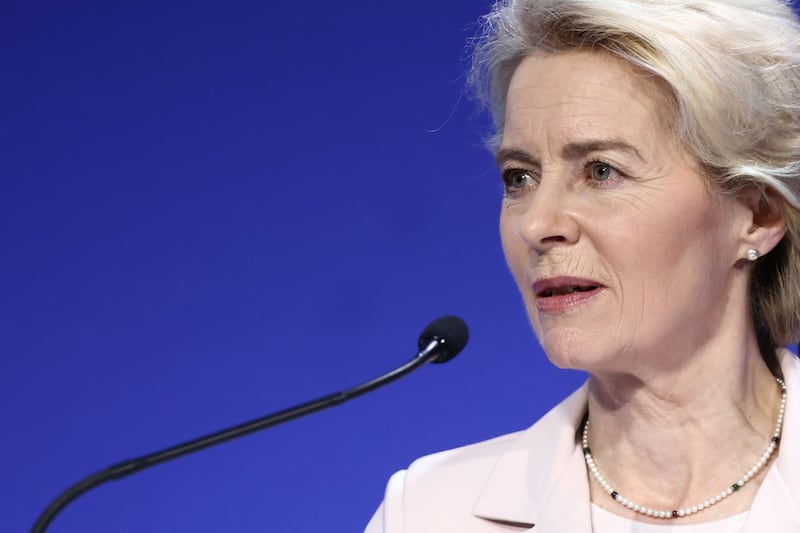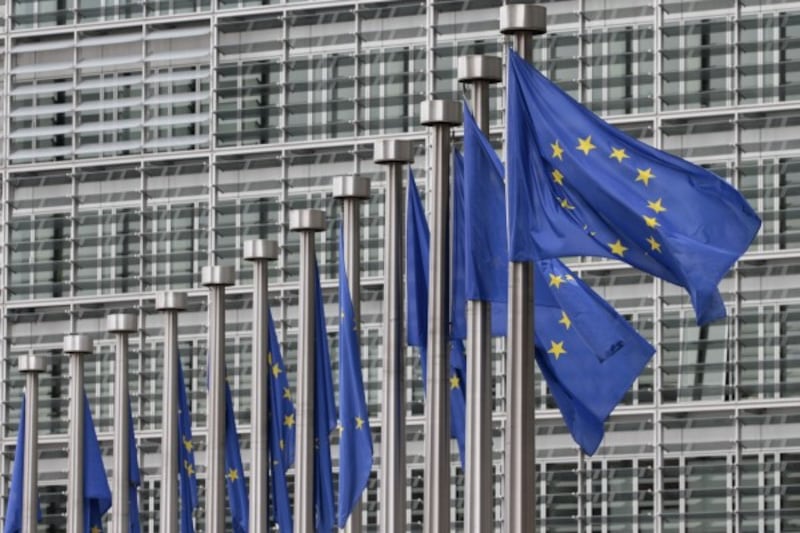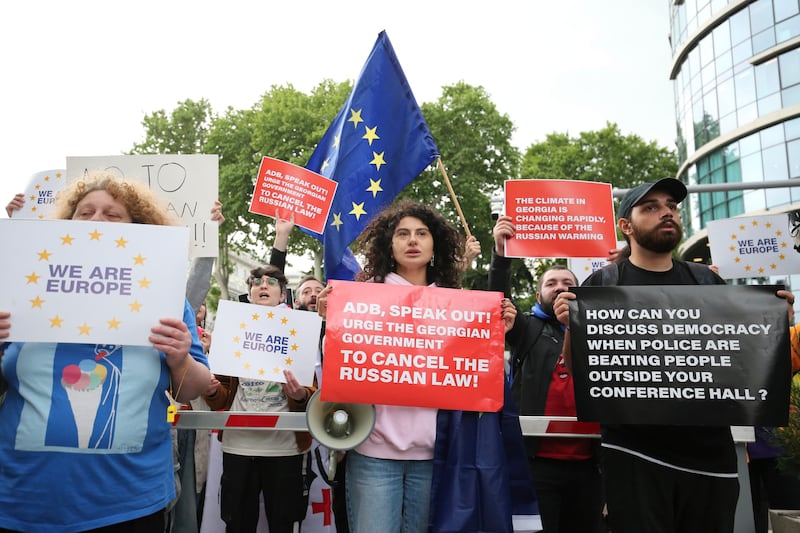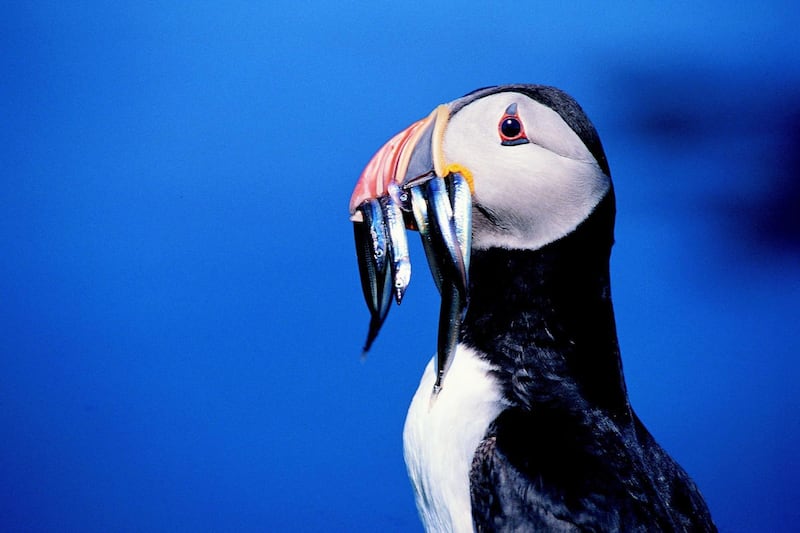European Union countries have agreed on a new package of sanctions against Russia over its war against Ukraine.
Sweden, which currently holds the rotating EU presidency, said that the package includes measures aimed at countering sanctions circumvention and individual listings.
Details of the measures will be unveiled later this week when the sanctions are officially adopted by written procedure.
The EU had previously imposed 10 rounds of sanctions on Russia since President Vladimir Putin ordered his forces into Ukraine on February 24 2022.
I welcome the political agreement on our 11th sanctions package.
It will deal a further blow to Putin’s war machine with tightened export restrictions, targeting entities supporting the Kremlin.
Our anti-circumvention tool will prevent Russia from getting its hands on… https://t.co/MlQlxNzNeR
— Ursula von der Leyen (@vonderleyen) June 21, 2023
Banks, companies and markets have been hit – even parts of the sensitive energy sector. More than 1,000 officials are subject to asset freezes and travel bans.
Much work has involved closing loopholes so that goods vital to Mr Putin’s war effort do not get through.
European Commission president Ursula von der Leyen said the new package will “deal a further blow to Putin’s war machine with tightened export restrictions, targeting entities supporting the Kremlin”.
“Our anti-circumvention tool will prevent Russia from getting its hands on sanctioned goods,” she added.
It is the first time that plans have been announced to target trade via other countries, apart from sanctions against Iranians alleged to be supplying drones to Russia.
Under the latest package, if the EU sees for example that exports of a certain computer chip increase five-fold to one nation, and then sees that such exports from the country increase by about the same amount to Russia, the bloc would be able to take tougher action to end the practice.

The new package specifically allows the implementation of measures restricting the sale, or export, of sensitive dual-use goods and technology to third countries who could then transfer them to Russia. Under the new rules, the EU could exert much more pressure to end the practice than before.
“It does give a big stick with which the EU can say: ‘please don’t do it,’ and then, if it continues we go to restrictive measures,” said an official from an EU nation.
The rules cannot be excessively rigid, since the EU does not want to immediately alienate nations.
“We need to look for a balance with nations. When we address their bad behaviour, we have to make sure we don’t immediately drive them into the arms of Putin,” the official said.
The new package will also target 71 extra persons and 33 entities in relation with the illegal deportation of Ukrainian children to Russia.
Also included is the prohibition to access to ports in the EU by vessels engaged in ship-to-ship transfers when there is a suspicion that a boat is not respecting the ban on importing seaborne Russian crude oil and petroleum products into the bloc.
In addition, the package extends the suspension of the broadcasting licences in the EU of five Russian media outlets under state control.
Past sanctions have been agreed on in just months – extremely quickly for the EU. But new measures are becoming increasingly hard to endorse as they inflict damage on the economic and political interests of some member countries even as they aim for the Kremlin.








